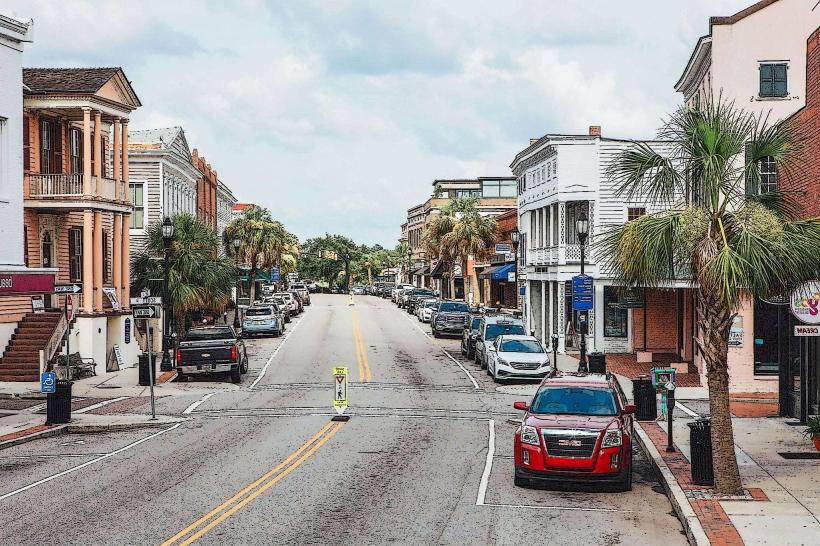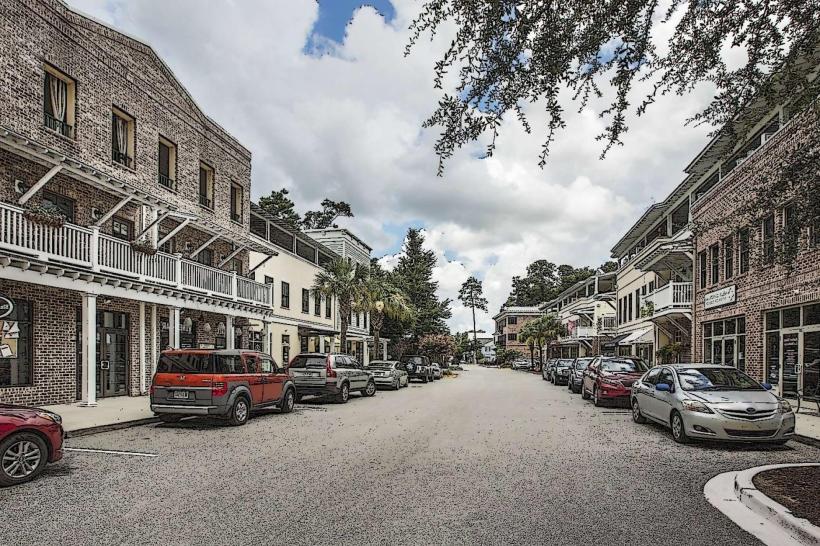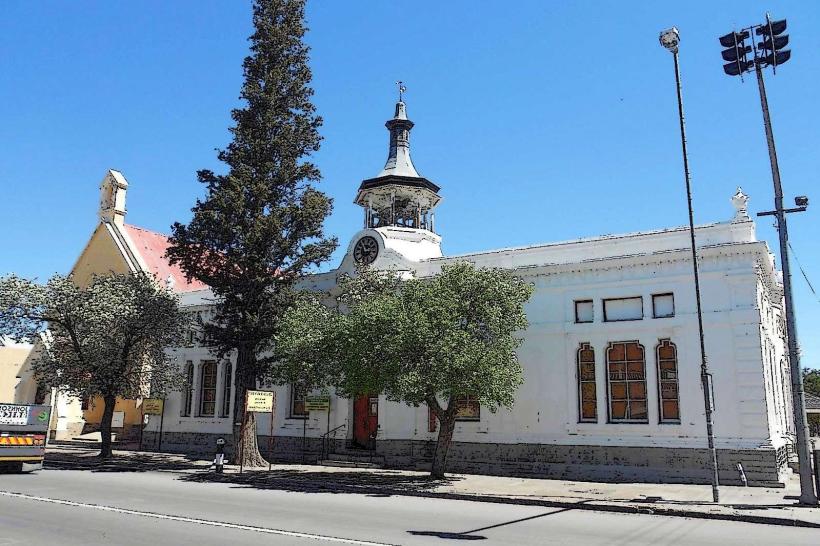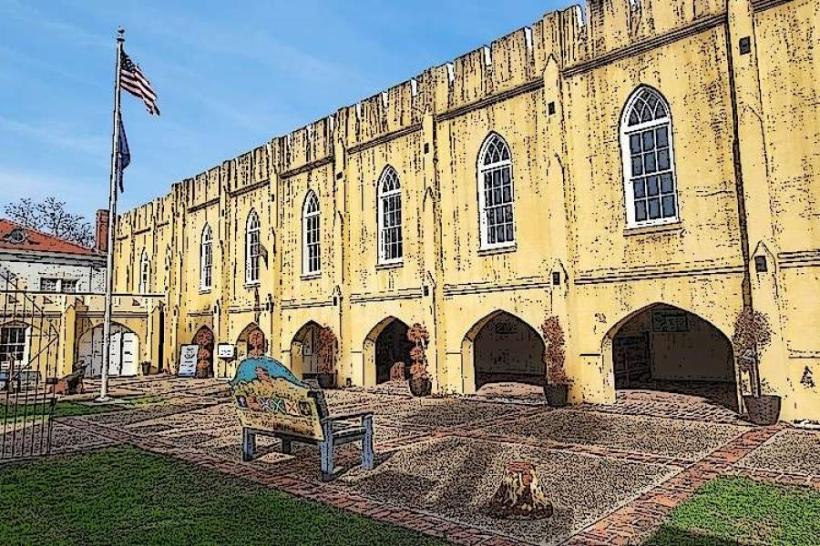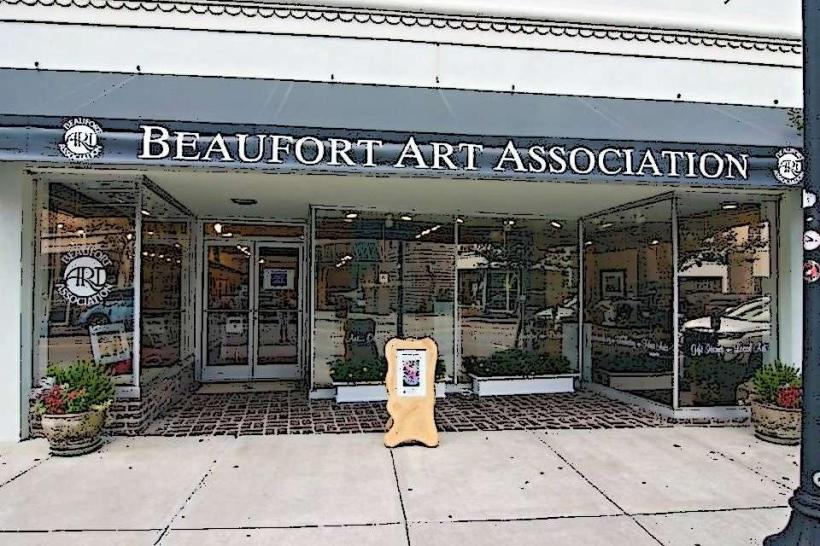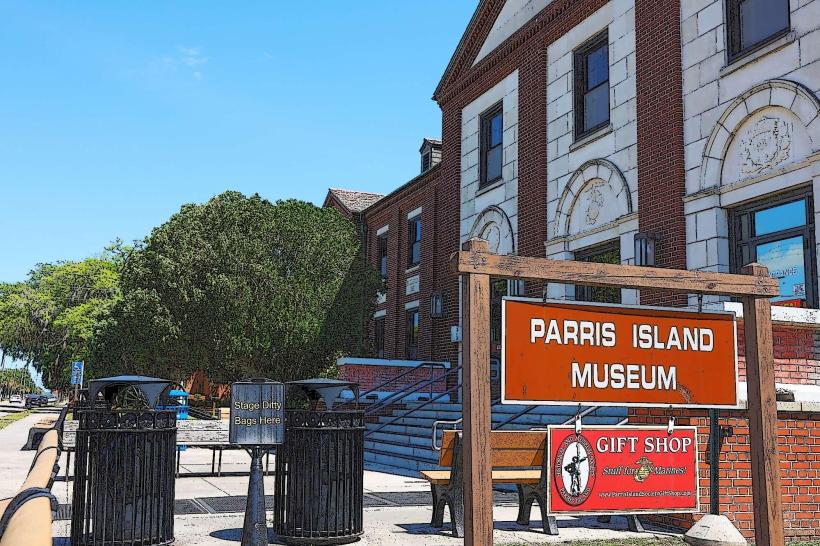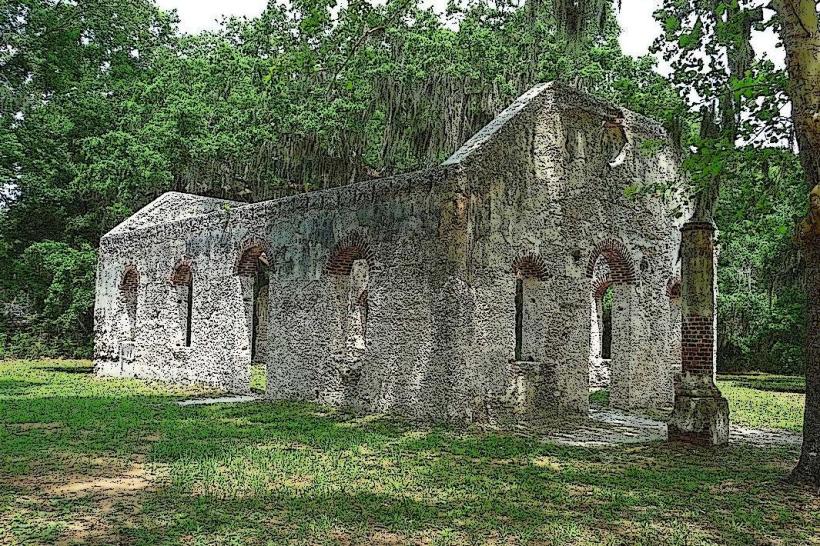Information
Landmark: Penn CenterCity: Beaufort
Country: USA South Carolina
Continent: North America
Penn Center, Beaufort, USA South Carolina, North America
Penn Center is a historic and cultural institution located on St. Helena Island near Beaufort, South Carolina, dedicated to preserving African American history, Gullah-Geechee culture, and education. Founded in 1862 during the Civil War, it is one of the oldest historically African American schools in the United States and has grown into a nationally recognized cultural and educational center.
Historical Background
Penn Center was originally established as the Port Royal Experiment School, created to educate newly freed African Americans after Union forces captured the Sea Islands.
The school provided literacy, vocational training, and leadership skills to formerly enslaved people, playing a foundational role in Reconstruction-era education.
Over time, it evolved into the Penn School, later expanded into the Penn Center, encompassing multiple buildings, historic sites, and educational programs.
During the Civil Rights Movement, the Penn Center served as a retreat and training ground for leaders, including Dr. Martin Luther King Jr., who held workshops and strategy meetings there.
Campus and Layout
The Penn Center campus covers approximately 50 acres on St. Helena Island, with preserved historic buildings, educational facilities, and natural areas.
Historic Structures: Includes original school buildings, teachers’ cottages, and churches, many of which date back to the 19th century and have been restored for public tours.
Cultural and Educational Spaces: Modern buildings house exhibits, classrooms, conference facilities, and research centers.
Natural Areas: Walking paths and green spaces allow visitors to experience the scenic coastal environment while connecting with the island’s heritage.
Programs and Activities
Offers cultural, educational, and historical programs focused on Gullah-Geechee heritage, African American history, and community development.
Hosts workshops, lectures, and festivals, celebrating the art, music, language, and traditions of the Sea Islands.
Provides research and archival resources for scholars studying African American history, the Gullah-Geechee culture, and civil rights history.
Community and Cultural Significance
Penn Center preserves and promotes Gullah-Geechee cultural heritage, including language, crafts, culinary traditions, and spiritual practices.
It functions as both a museum and a living cultural center, actively engaging the local community while educating visitors.
Recognized as a National Historic Landmark District, Penn Center plays a crucial role in national African American history and heritage tourism.
Visitor Experience
Guided tours allow visitors to explore historic buildings, exhibits, and the surrounding campus.
Cultural events, performances, and festivals provide immersive experiences in Gullah-Geechee music, storytelling, and art.
Walking trails and gardens offer quiet reflection and scenic views of St. Helena Island’s coastal landscape.
Penn Center stands as a living testament to education, resilience, and cultural preservation, bridging the past and present by honoring African American history and the unique Gullah-Geechee heritage of the Sea Islands.


